New law on public petitions – little more freedom, with restrictions
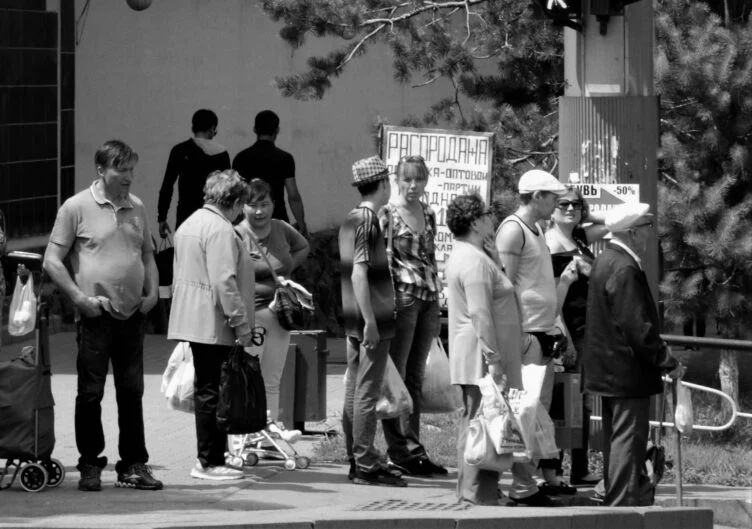
By Maksat Nurpeisov — The new Kazakh law on public petitions is supposed to allow citizens to have a say on various important matters. However, it looks like it is more about controlling public opinion than giving it a free rein.
The legal changes regulating online public petitions and government bodies’ response to them were signed into law by President Kasymzhomart Tokayev on 2 October. The law comes into force in six months.
“We need to create a legitimate mechanism of online petitions so that citizens can initiate reforms,” Tokayev said in 2021.
2022 was an eventful year — we saw lots of online petitions, for which citizens used various international online platforms. Those included petitions for Kazakhstan’s exit from Russia-led organisations, like the Collective Security Treaty and the Eurasian Economic Union. The government ignored them. Some of those petitions were blocked or suffered hacker attacks.

The new law sets a clear procedure for starting online petitions. It also defines how and in what cases government bodies should respond to public petitions.
According to the new legal regulations, citizens cannot start petitions on issues which concern presidential powers, the criminal system, and national security, like calling for changes to the state borders and separatism. Also, public petitions cannot call for anything that would involve violations of human rights and freedoms and disruption of public order.
Anyone wanting to launch a petition will have to set up an initiative group. Before they can go live with their petition, it will be checked to see if it meets all the requirements. If a petition is about a national issue it will have to get at least 50,000 signatures to make it eligible for any kind of official response. Lower-level issues have a lower threshold for getting official attention. If a petition gets enough signatures, authorities will have to respond to it within 40 days.
The conclusion? The new law looks painfully similar to President Tokayev’s many other “breakthrough reforms”, for example the law on public protests and changes to the law on elections.
Once again, we see a new law that supposedly aims to expand citizens’ rights, but in reality tightens control over them.
They give us a bit more space but impose lots of restrictions as to what you can do in that space. Maybe it is a step towards democracy, but, clearly, we are not there yet.
Все комментарии проходят предварительную модерацию редакцией и появляются не сразу.

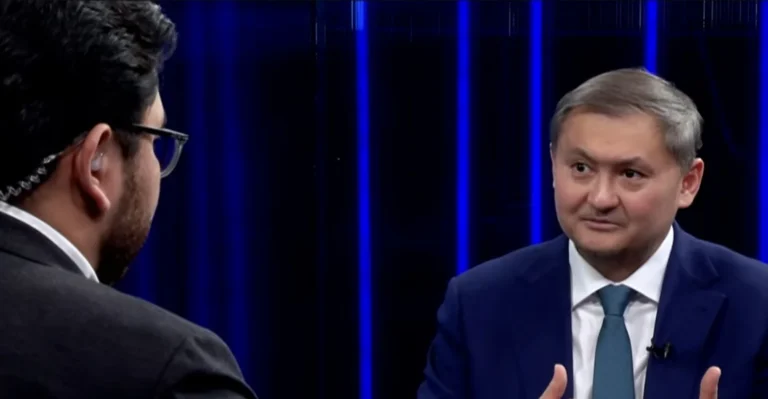
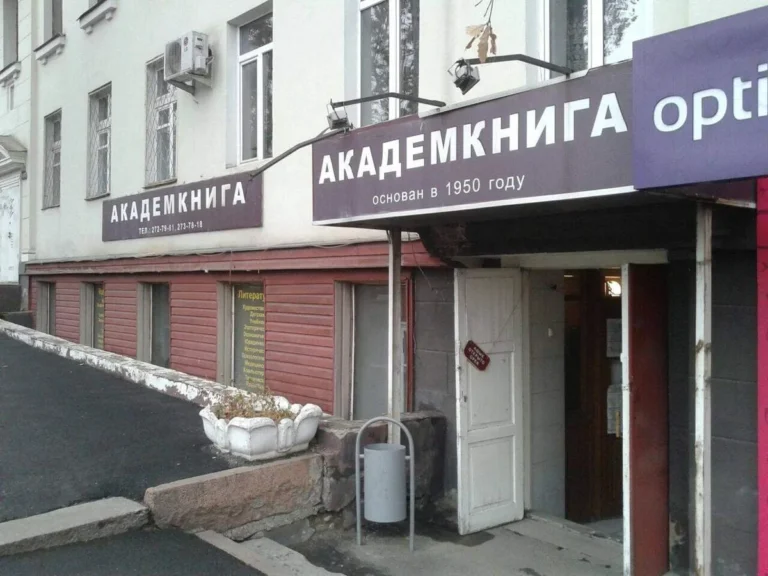
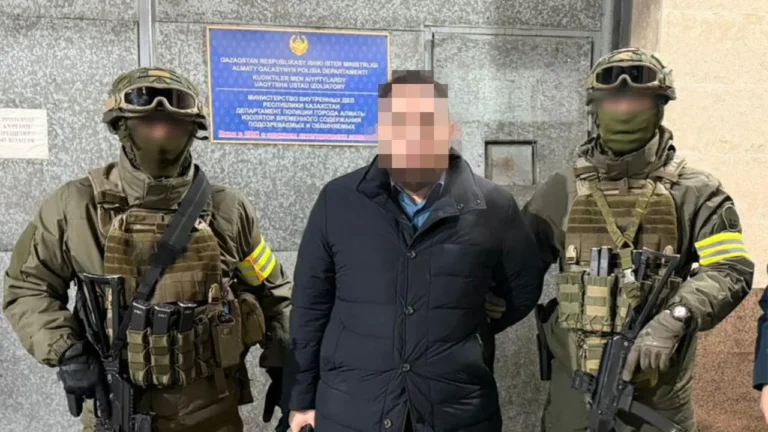
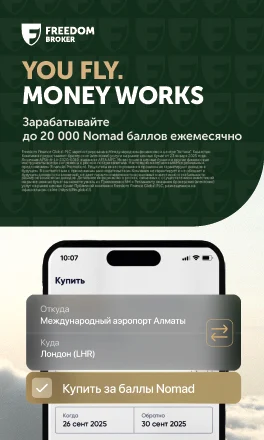
whoah this weblog is great i like studying your articles. Keep up the great work! You understand, many persons are hunting round for this information, you can aid them greatly.